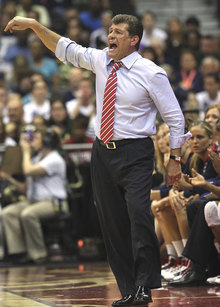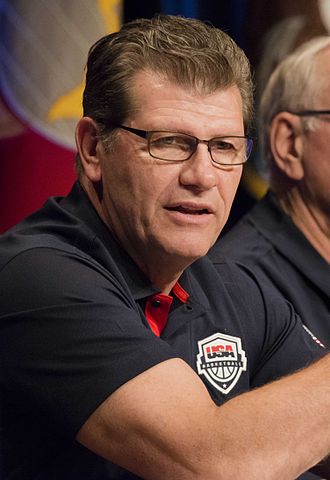From 1996 to 2007, Torre was the manager of the New York Yankees and guided the team to four World Series championships. He is one of only five managers in history to win four or more World Series titles and one of only two in history to win three titles in a row.
When Torre became the New York Yankee manager in 1996 his boss George Steinbrenner had changed managers 21 times in his 23 seasons of ownership.
Steinbrenner was an astute businessman but as an owner he attempted to meddle in day to day to day on field decisions, insert himself directly into the locker room, fire those who got him upset and generally take micromanaging to a new level. Torre lasted twelve consecutive successful seasons. In the other twenty five seasons under Steinbrenner no other manager lasted more than three in a row.
In his book Ground Rules for Winners Torre provides some valuable tips on "Working for a Tough Boss":
"Don’t focus on everything that's wrong with your boss. You can't change him, so don't waste energy complaining about him. You don't have to like your tough boss, but you do have to work with him. Recognize that when you take a job, it's best to accept the whole package. Decide that you can handle his demands, or his distance, or his anger. Don't allow your boss's negative side to bring out your negative side.
Be aware of your boss's downside, but don't spend emotional energy worrying about what he might do that might cause you trouble. Put that energy to work to achieve your goals. If he does create problems, deal with them as they come, one problem at a time.
Distinguish a boss who is cranky, nervous, interfering, or distant from a boss who is downright abusive. Don't let an unpleasant personality drive you out of a good job. You can cope with a tough boss, though not one who abuses you on a daily basis."
Joe Torre was successful with the Yankees when his nineteen predecessors were not with George Steinbrenner because he did not allow Steinbrenner's personality, eccentricities and meddling control his attitude and the way he worked with his players. There was no negative trickle down from Steinbrenner to the team through Torre because Torre responded to Steinbrenner he didn’t react to him.
Do you respond or react? Responding in based on thought and keeps you in control. Reacting is based on emotion and causes you to lose control.




 RSS Feed
RSS Feed